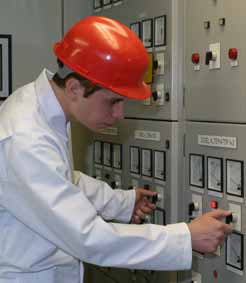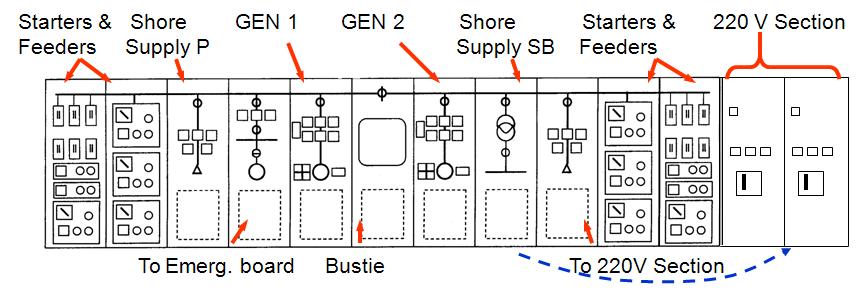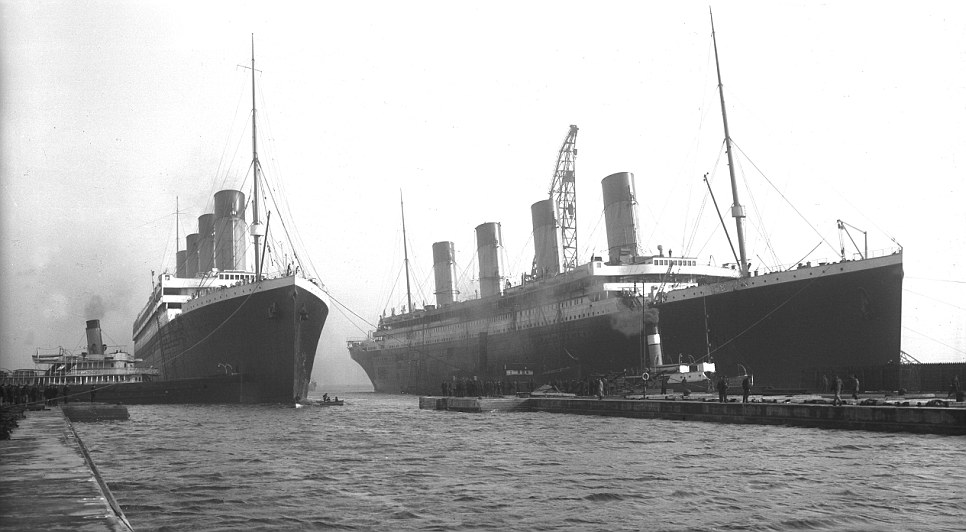
Marine engineers need to know not only about their mechanical stuff, but should be well versant with several related technologies including electrotechnology equipment and their principles of operation. This is so because in the modern days, ships are becoming ever more sophisticated and automated, plus the staff is getting reduced.
Of course the main person in charge of electrical maintenance on ships is the E.O. or more commonly known as E.T.O. currently. They stand for Electrical Officer and Electro-Technical Officer respectively though they usually refer to the one and same job profile with only a difference in nomenclature, the latter being the modern definition.
Under this heading we will be talking about the various facets and aspects of marine electrotechnology and learn about the equipments and their working. To give you a rough idea about what it entails, think about electrical panels, switchboards, control circuits, cables, relays, transformers and the list goes on and on. We will take up detailed study of these items in our subsequent study.
This will be useful for all kinds of audience whether they are marine aspirants, students, sailing professionals or even general readers who simply want to know more about these things.Even modern day technology and concepts of computers and networking have been finding their place on board ships, boats and other water vessels.
There is also a long list of equipment using electrotechnology principles and are necessary for safe operation of the ship. Some of these equipments used for navigation are the radar, GPS, satellite communication systems etc, which will also be taken up for study one by one.
Infact so varied are the electrotechnology based equipments on board ships and so complex has the job role become, that there are specialized degree course and other certifications which train the personnel especially for this role. One good example of such a degree is the 3 years Bachelor of Engineering in Marine Electro Technology offered by National Maritime College of Ireland. Of course there are a wide variety of courses offered globally and this is just a small example. We will also learn more about such courses, certifications and degrees under the other heading of marine education, certification and jobs (which are linked from the HomePage of this website).

Just check out the picture above which shows an ETO carrying out a routine operation and learning during his training phase.







